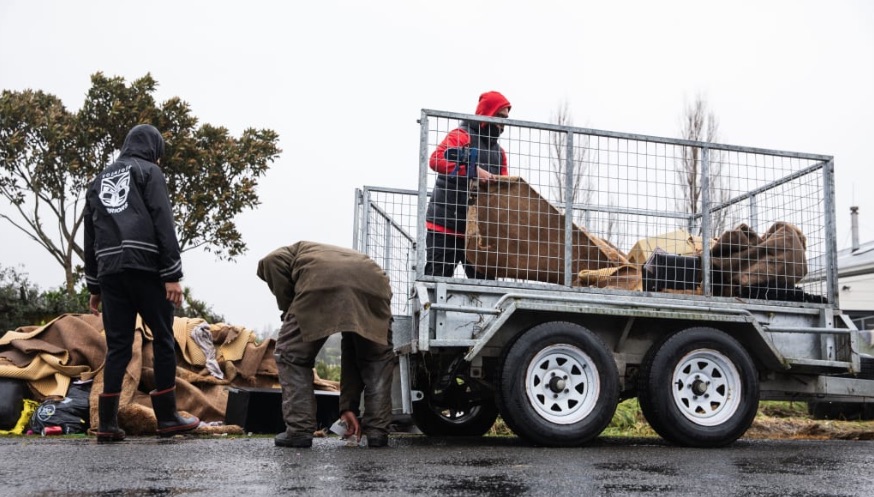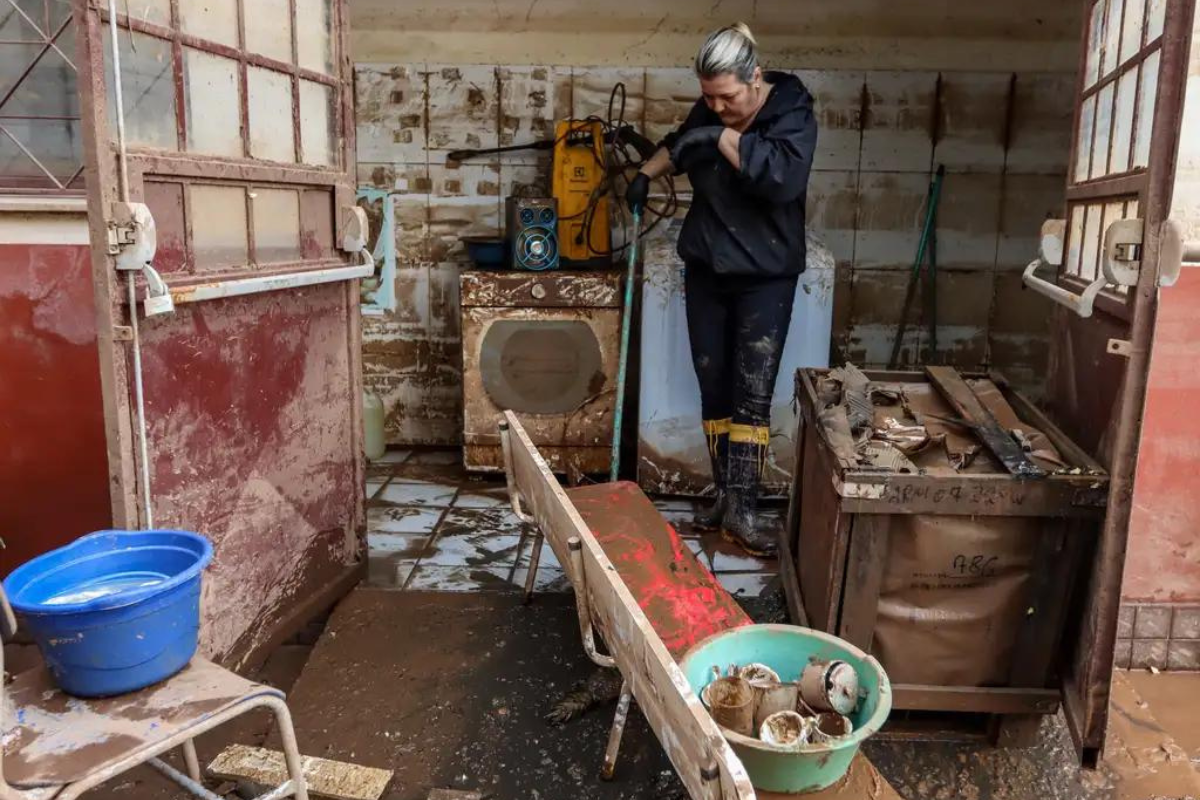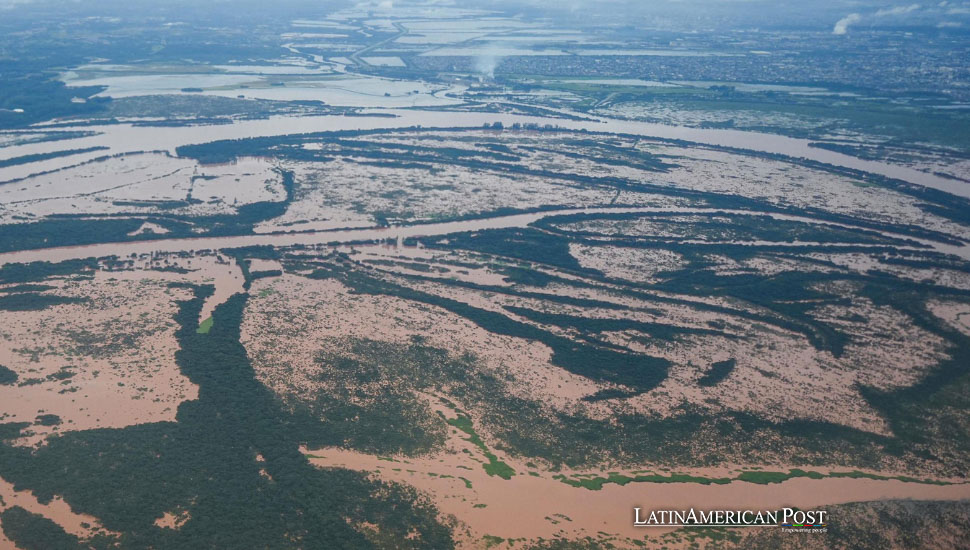



In the wake of the devastating floods in Brazil's Rio Grande do Sul, the Climate Fund will offer financial assistance to companies and industries affected by the natural disaster. The fund, managed jointly by the Environment Ministry and federal development bank BNDES, will provide a line of credit to large companies in the southern state. The credit line will be established through a provisional decree issued by President Luiz Inácio Lula da Silva. The federal government has already announced several economic reconstruction measures for Rio Grande do Sul, including a BRL 50.9 billion package aimed at supporting workers, small businesses, and rural producers. The floods have caused over BRL 3 billion in losses to local farmers, and industries estimate that it will take approximately a decade to recover the state's infrastructure. The Climate Fund's cheap credit provided through BNDES will help support the recovery efforts of large companies affected by the floods [8b2dda7f].
In addition to the economic impact, the floods have also caused severe disruptions to the soybean and corn harvest in Rio Grande do Sul. The heavy rainfall and flooding have led to delays and damage, with only 76% of the soybean fields cleared despite a slight increase from the previous week. The weather disruptions have resulted in quality losses and may reduce the market value of the crops. The situation has drawn the attention of commodity markets worldwide, with Chicago soybean prices reaching their highest point in over three weeks. The long-term challenges will involve rethinking agricultural practices and diversifying crops to withstand unpredictable weather patterns [a3872fe7].
While the focus remains on providing aid and support to flood-stricken communities, rescue operations continue in Brazil. The worst floods in the country's history have claimed the lives of over 150 people, displaced more than 600,000 individuals, and left entire cities underwater. Approximately 6,000 people are currently residing in a university sports hall that has been converted into a shelter. Many people are still stranded or choosing not to leave due to concerns about their flooded homes being robbed. Rescue operations are perilous, with helicopters being the only means of delivering food, aid, and transporting people to hospitals. The extent of the damage is significant, with entire towns and urban city centers submerged. Volunteers from across the country are joining the rescue and aid efforts. The changing climate and lack of global preparedness for such disasters are raising concerns. Despite the challenges, some find solace in the aid provided by volunteers, offering a glimmer of hope amidst the adversity [fb632896].
Meanwhile, in Wairoa, New Zealand, the town is grappling with the aftermath of recent flooding. The mayor of Wairoa, Craig Little, has stated that the town cannot afford the $40 million cost of cleaning up after the floods. Wairoa has been hit hard by severe weather, and a state of emergency has been declared. The mayor is seeking assistance from the government to cover the costs of the cleanup. He has requested $300,000 from the Mayoral Relief Funds to help with the recovery efforts. The flooding has caused significant damage, and the town is in need of financial support to address the aftermath [418a5810].